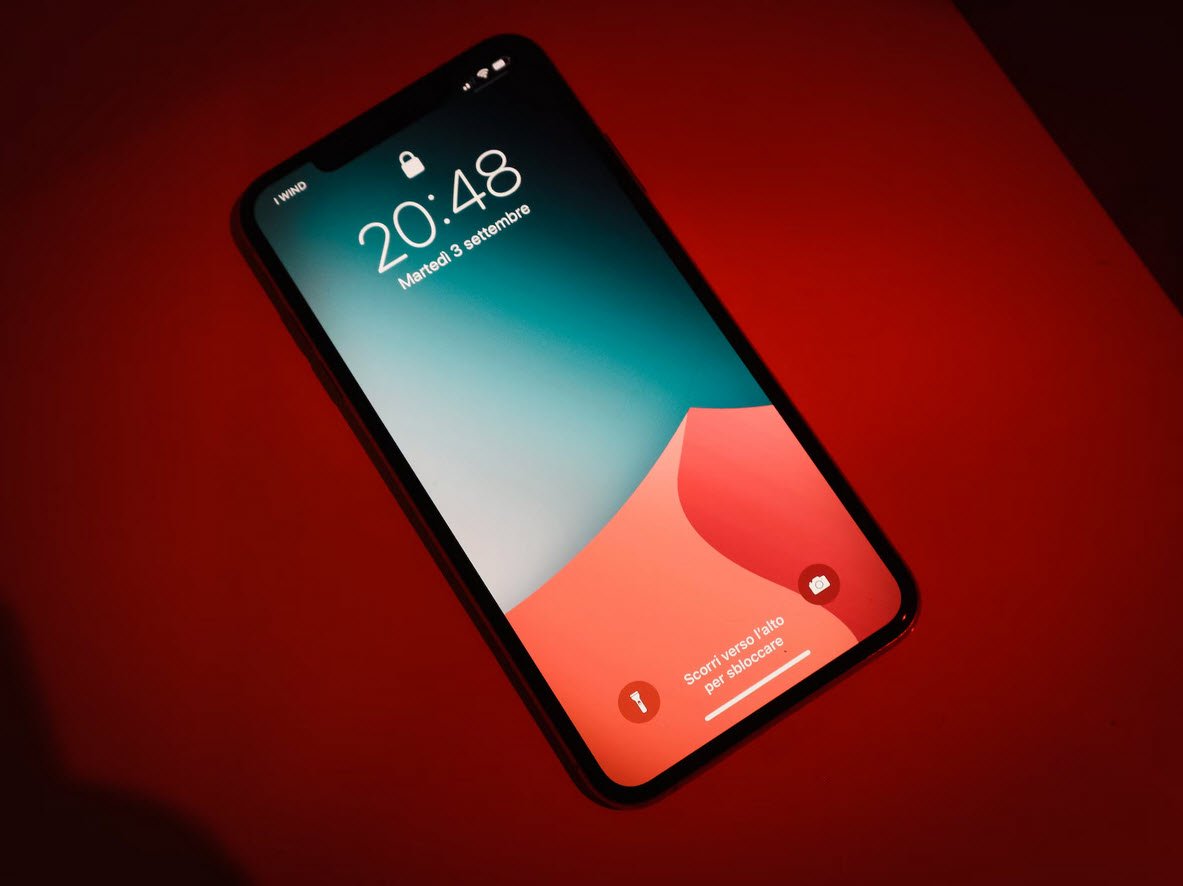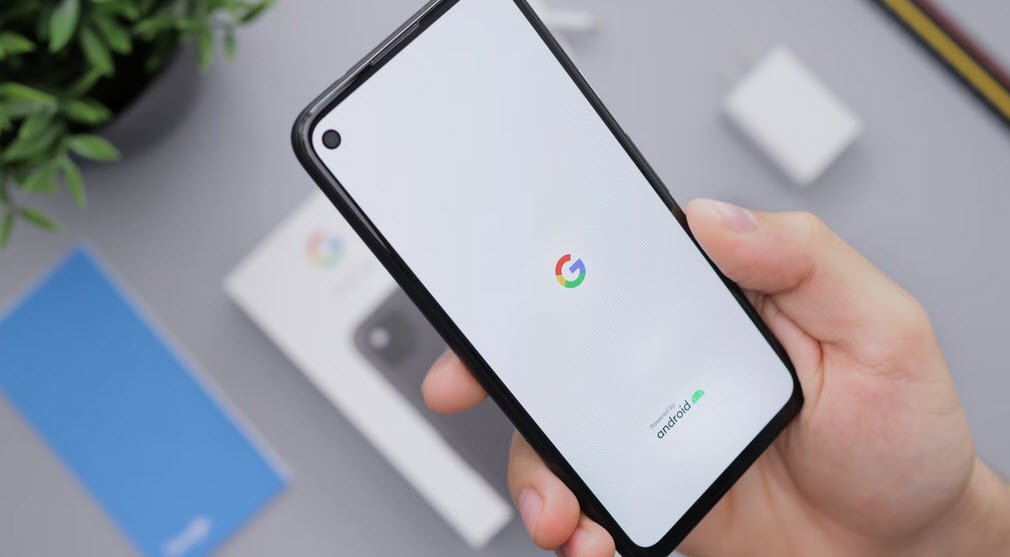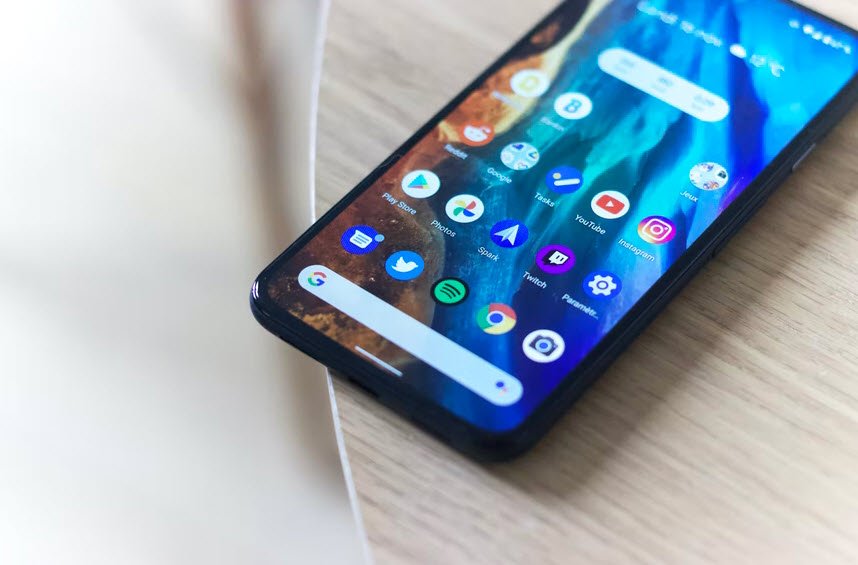
In the fast-evolving world of mobile applications, ensuring the security of your code has become paramount. One powerful method to protect Android applications from reverse engineering and tampering is code obfuscation. Android obfuscators are tools designed to make it challenging for hackers to understand and modify the source code, enhancing the overall security of the application.
In this article, we will explore three prominent Android obfuscators – ProGuard, yGuard, and DexGuard – comparing their features, functionalities, and capabilities.
ProGuard, an open-source tool, has long been a staple in the Android development community. Developed by GuardSquare, ProGuard offers code shrinking, optimization, and obfuscation. Its primary goal is to reduce the size of the application, making it more challenging for attackers to analyze and reverse engineer the code.
ProGuard supports various optimizations, such as method inlining and dead-code elimination, to enhance the application’s performance. Additionally, it provides obfuscation techniques like renaming classes, methods, and fields, making the codebase more cryptic and less susceptible to reverse engineering.
ProGuard’s extensive documentation and community support make it a popular choice for developers seeking a reliable and well-established obfuscation tool.
yGuard, developed by yWorks, is another contender in the Android obfuscation landscape. Unlike ProGuard, yGuard is not just limited to Android applications but can be used for Java applications in general. It provides features like class file shrinking, renaming, and code obfuscation.
One notable aspect of yGuard is its easy integration into build processes. Developers can seamlessly integrate yGuard into their Ant or Gradle build scripts, streamlining the obfuscation process. The tool also supports custom obfuscation rules, allowing developers to fine-tune the obfuscation process based on their specific requirements.
While yGuard may not be as feature-rich as some other obfuscators, its simplicity and effectiveness make it a valuable choice for developers looking for a straightforward solution.
Developed by GuardSquare, DexGuard is a commercial Android obfuscator specifically designed to enhance the security of Android applications. It builds upon the foundation laid by ProGuard and extends its capabilities with advanced features tailored for Android app protection.
DexGuard includes code encryption, tamper detection, and runtime application self-protection (RASP) features. Code encryption ensures that critical parts of the application are encrypted and decrypted at runtime, making it significantly harder for attackers to analyze the code. Tamper detection mechanisms help in identifying and responding to unauthorized modifications to the application.
The inclusion of RASP features sets DexGuard apart, providing an additional layer of security during runtime. This is particularly beneficial for applications that handle sensitive data or require heightened security measures.
Comparison:
To assist developers in choosing the right obfuscator for their needs, let’s summarize the key features of each obfuscator:
Extensive documentation and community supportCustomizable obfuscation rulesIdeal for applications requiring heightened security measures
1. ProGuard:
- Open-source and widely adopted
- Code shrinking, optimization, and obfuscation
- Extensive documentation and community support
2. yGuard:
- Supports Java applications in addition to Android
- Easy integration into build processes
- Customizable obfuscation rules
3. DexGuard:
- Commercial tool with advanced Android-specific features
- Code encryption, tamper detection, and runtime application self-protection
- Ideal for applications requiring heightened security measures
Conclusion
Choosing the right Android obfuscator depends on the specific needs and requirements of the application. ProGuard remains a solid choice for many developers due to its open-source nature and widespread adoption. yGuard, with its simplicity and ease of integration, is suitable for projects where a straightforward solution is preferred.
For applications demanding a higher level of security, especially those handling sensitive data, DexGuard stands out with its advanced features tailored for Android app protection. Ultimately, developers should carefully assess their project’s needs and select the obfuscator that best aligns with their security goals.
You may also like:- Six Ways to Speed Up Your iPhone – A Comprehensive Guide
- Essential Guidelines for Enhanced Security in Mobile Apps
- Top Issues Facing Mobile Devices
- Top 11 Essential Tips for Secure Mobile Application Development
- Things To Consider When Writing Code For Android Applications
- Things To Consider While Designing Real Time Android Applications
- [India] Top 10 Smartphone Apps Of All The Time







